COMMODORE JAMES BIDDLE IN BRAZIL, 1827. A fascinating collection of five letters and documents relating to the naval and diplomatic affairs of the United States with the Empire of Brazil during the Cisplatine War, fought on sea and land between Brazil and the United Provinces of the Rio de la Plata (present-day Argentina). With the impressment of American seaman into the Brazilian Navy and the seizure of American ships by its government, the United States decided to bolster its presence on the coast of South America and appointed Captain James Biddle (1783-1848), a War of 1812 naval hero, to the command of a small squadron consisting of the frigate USS Macedonian and two sloops of war. Biddle was very adept in foreign diplomacy and assisted in the negotiation and conclusions of the first US treaties with Brazil, the Ottoman Empire and China. Commodore Biddle sailed from Newport News on 12 June 1826 and arrived off Rio de Janeiro, where he joined the sloops already on that station. Accompanying Biddle was a 15 year-old midshipman by the name of Thomas Octavius Elwyn (1811-1831), youngest son of his close friend, Elizabeth Langdon Elwyn. This small archive includes a letter written to Commodore Biddle by Secretary of the Navy Samuel L. Southward dated 17 November 1826 acknowledging the former’s private letter of September 1st, which he had “submitted to the perusal of Mr. Clay [Henry Clay, the Secretary of State] and should any communication on the subject be thought necessary to Mr. Raguet or other Agents of the Government, it will be made from that Department.” Southard thanks Biddle and notes that “such information to the Department [of State] from our Officers abroad is very valuable and reli[torn--relieves us?] from doubts and enables us to give satisfactory notices to the public.” This comment is probably referring to the controversial conduct of Dony Raguest, American Charge de Affairs in Brazil. Biddle later utilized this letter as a cover for a letter addressed to “Mrs. Elwyn/ Philadelphia” and upon which he pens a note of caution that “as paper is scarce I make use of this letter as an envelope, but You must tear it up.” Another cover, postmarked Philadelphia, September 1826, utilizes the reverse of a partially-printed invitation for Commodore Biddle to join the French minister to Brazil, Alphonse-Joseph-Paul-Marie-Ernest de Cadoine, the Marquis de Gabriac, and the Marquise, for dinner on July 22nd. A third cover to Elwyn reutilizes a note from one J. M. [Jesse?] Jones accepting Biddle’s invitation to dine aboard the Macedonian, when “Under the American flag I shall fancy myself at home and for a while I will not fail to feel free and very happy.” A Biddle ALS to Mrs. Elwyn, care of his brother Nicholas, was written while aboard the Macedonian at Rio de Janeiro on 26 November 1826. In it, he notes that her son and Midshipman John A. Dahlgren were staying at the country estate of an English gentleman, “rambling to their great delight through the Coffee Acres.” He notes that he will send word to Thomas that there is a letter for him from his mother and see if that is enough to bring him aboard, but teases that he has his doubts, “for tho’ fond of the Ship, he is fonder of the country....” Biddle himself looked forward to leaving Brazil, confiding that “I am heartedly tired of these South Americans” and noting that “I have crossed the Equator thirteen times, & I hope I may never cross it more, except once.” Biddle also touches on the political situation in a postscript, noting that Condy Raguet (also of Philadelphia society) “has received a .... long letter from Wm. Tudor”, then consul at Peru but destined to replace Raguet in Brazil). Midshipman Elwyn writes to his mother aboard the flagship on October 11th, 1827 that “Rio de Janeiro is not as agreeable [sic] as it was when Mr. and Mrs. Raguet were here, for…their kindness was such that I will never forget it.” “Tomorrow”, he relates, “is the Emperor’s birth day and we w
COMMODORE JAMES BIDDLE IN BRAZIL, 1827. A fascinating collection of five letters and documents relating to the naval and diplomatic affairs of the United States with the Empire of Brazil during the Cisplatine War, fought on sea and land between Brazil and the United Provinces of the Rio de la Plata (present-day Argentina). With the impressment of American seaman into the Brazilian Navy and the seizure of American ships by its government, the United States decided to bolster its presence on the coast of South America and appointed Captain James Biddle (1783-1848), a War of 1812 naval hero, to the command of a small squadron consisting of the frigate USS Macedonian and two sloops of war. Biddle was very adept in foreign diplomacy and assisted in the negotiation and conclusions of the first US treaties with Brazil, the Ottoman Empire and China. Commodore Biddle sailed from Newport News on 12 June 1826 and arrived off Rio de Janeiro, where he joined the sloops already on that station. Accompanying Biddle was a 15 year-old midshipman by the name of Thomas Octavius Elwyn (1811-1831), youngest son of his close friend, Elizabeth Langdon Elwyn. This small archive includes a letter written to Commodore Biddle by Secretary of the Navy Samuel L. Southward dated 17 November 1826 acknowledging the former’s private letter of September 1st, which he had “submitted to the perusal of Mr. Clay [Henry Clay, the Secretary of State] and should any communication on the subject be thought necessary to Mr. Raguet or other Agents of the Government, it will be made from that Department.” Southard thanks Biddle and notes that “such information to the Department [of State] from our Officers abroad is very valuable and reli[torn--relieves us?] from doubts and enables us to give satisfactory notices to the public.” This comment is probably referring to the controversial conduct of Dony Raguest, American Charge de Affairs in Brazil. Biddle later utilized this letter as a cover for a letter addressed to “Mrs. Elwyn/ Philadelphia” and upon which he pens a note of caution that “as paper is scarce I make use of this letter as an envelope, but You must tear it up.” Another cover, postmarked Philadelphia, September 1826, utilizes the reverse of a partially-printed invitation for Commodore Biddle to join the French minister to Brazil, Alphonse-Joseph-Paul-Marie-Ernest de Cadoine, the Marquis de Gabriac, and the Marquise, for dinner on July 22nd. A third cover to Elwyn reutilizes a note from one J. M. [Jesse?] Jones accepting Biddle’s invitation to dine aboard the Macedonian, when “Under the American flag I shall fancy myself at home and for a while I will not fail to feel free and very happy.” A Biddle ALS to Mrs. Elwyn, care of his brother Nicholas, was written while aboard the Macedonian at Rio de Janeiro on 26 November 1826. In it, he notes that her son and Midshipman John A. Dahlgren were staying at the country estate of an English gentleman, “rambling to their great delight through the Coffee Acres.” He notes that he will send word to Thomas that there is a letter for him from his mother and see if that is enough to bring him aboard, but teases that he has his doubts, “for tho’ fond of the Ship, he is fonder of the country....” Biddle himself looked forward to leaving Brazil, confiding that “I am heartedly tired of these South Americans” and noting that “I have crossed the Equator thirteen times, & I hope I may never cross it more, except once.” Biddle also touches on the political situation in a postscript, noting that Condy Raguet (also of Philadelphia society) “has received a .... long letter from Wm. Tudor”, then consul at Peru but destined to replace Raguet in Brazil). Midshipman Elwyn writes to his mother aboard the flagship on October 11th, 1827 that “Rio de Janeiro is not as agreeable [sic] as it was when Mr. and Mrs. Raguet were here, for…their kindness was such that I will never forget it.” “Tomorrow”, he relates, “is the Emperor’s birth day and we w
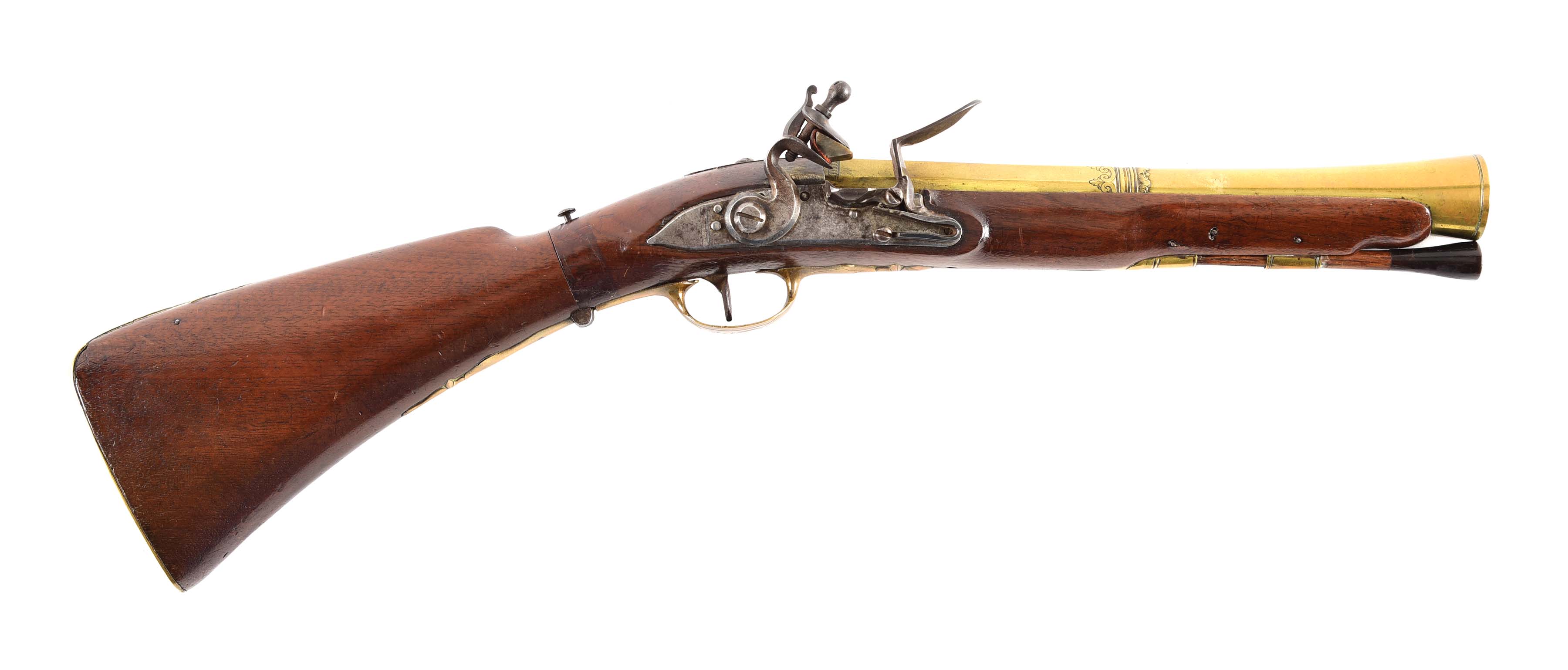


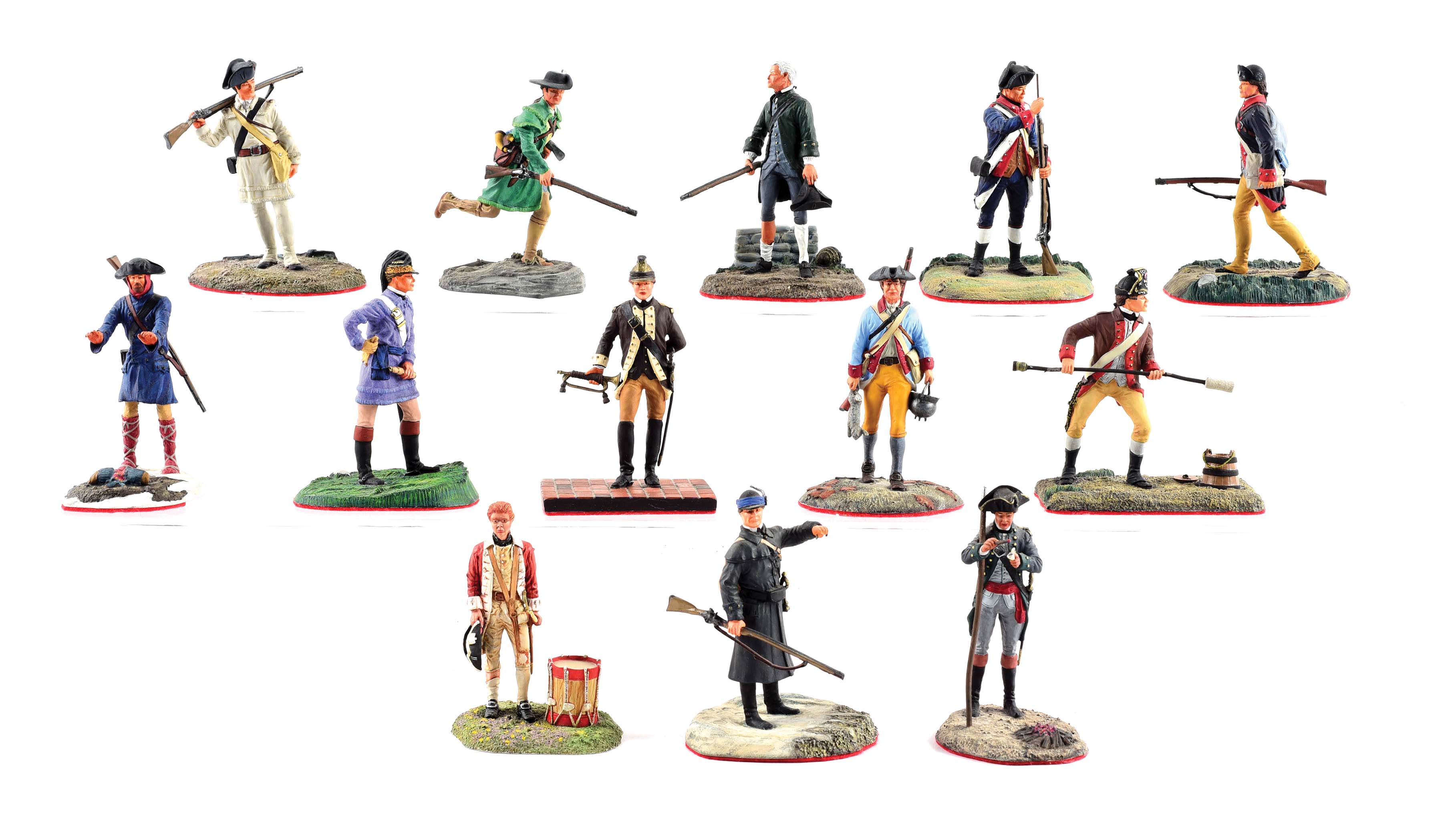
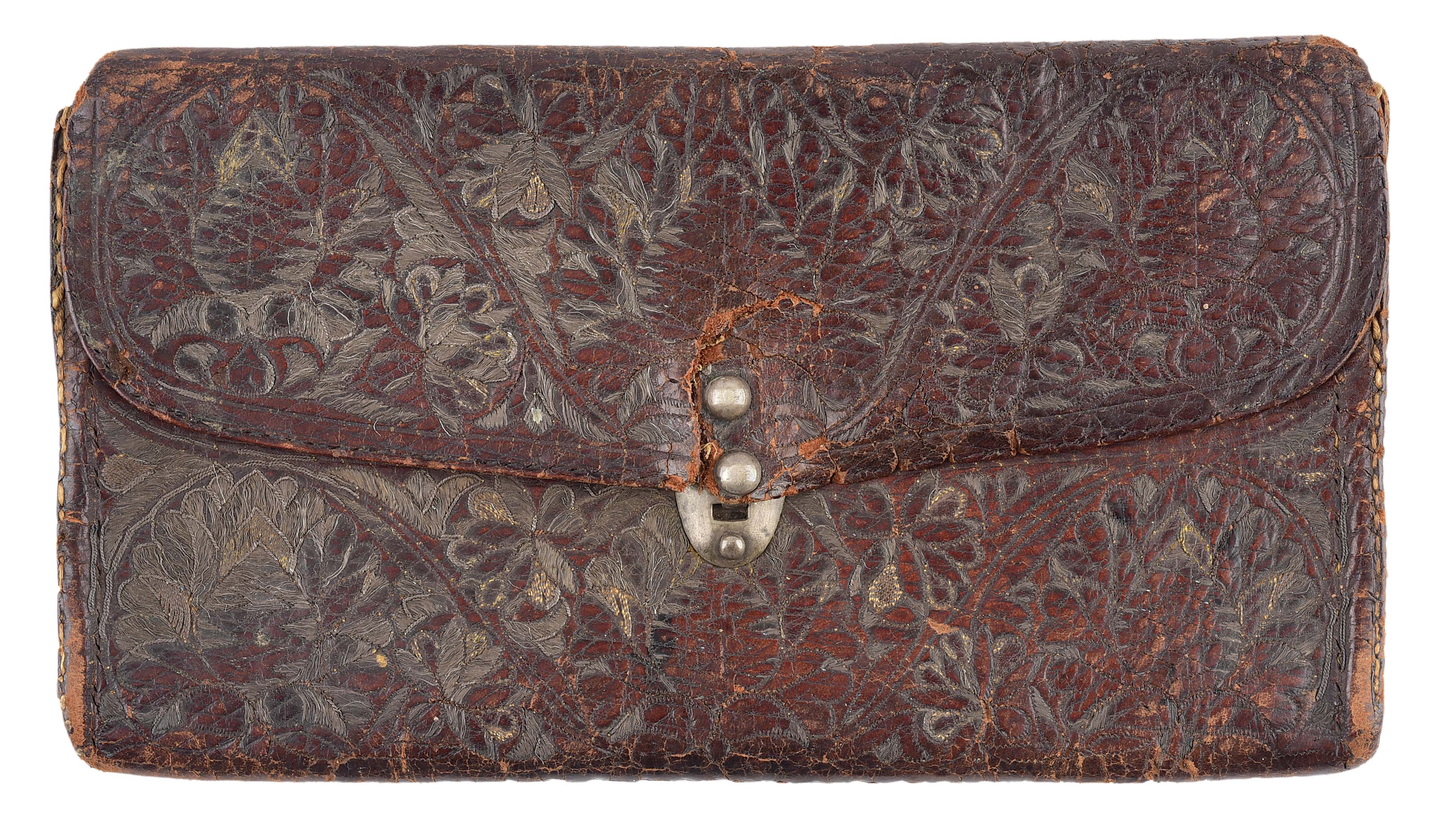
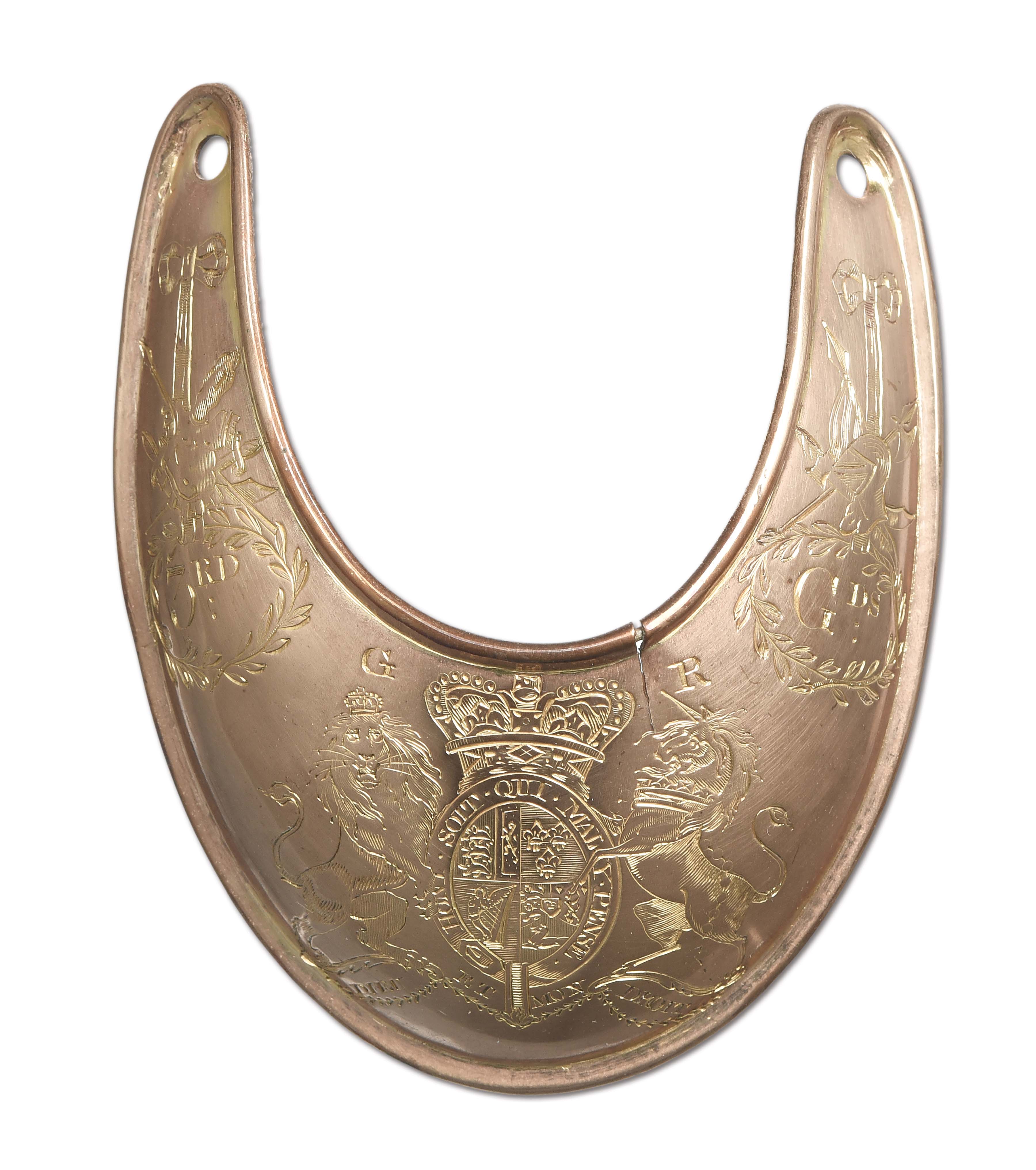

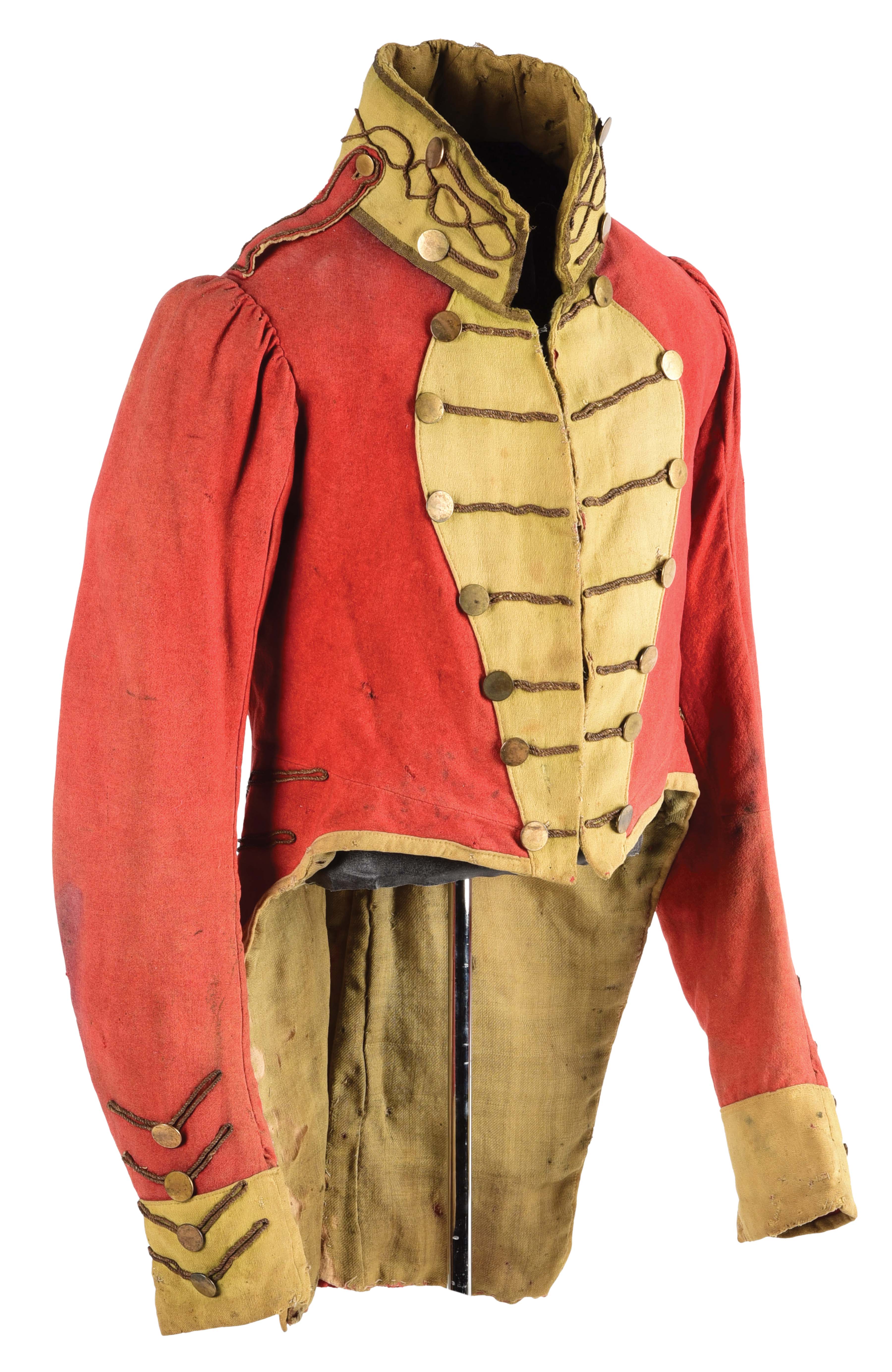
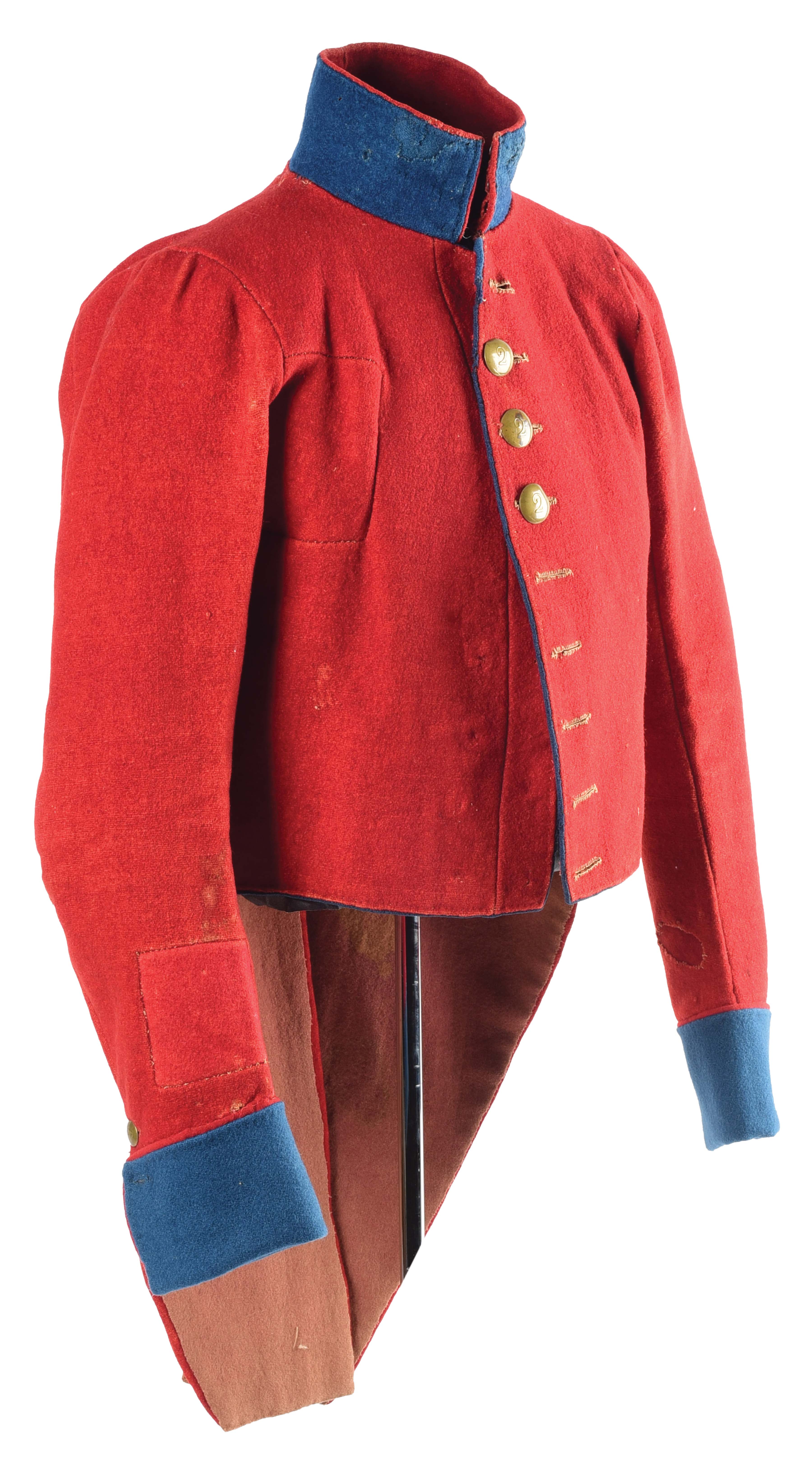
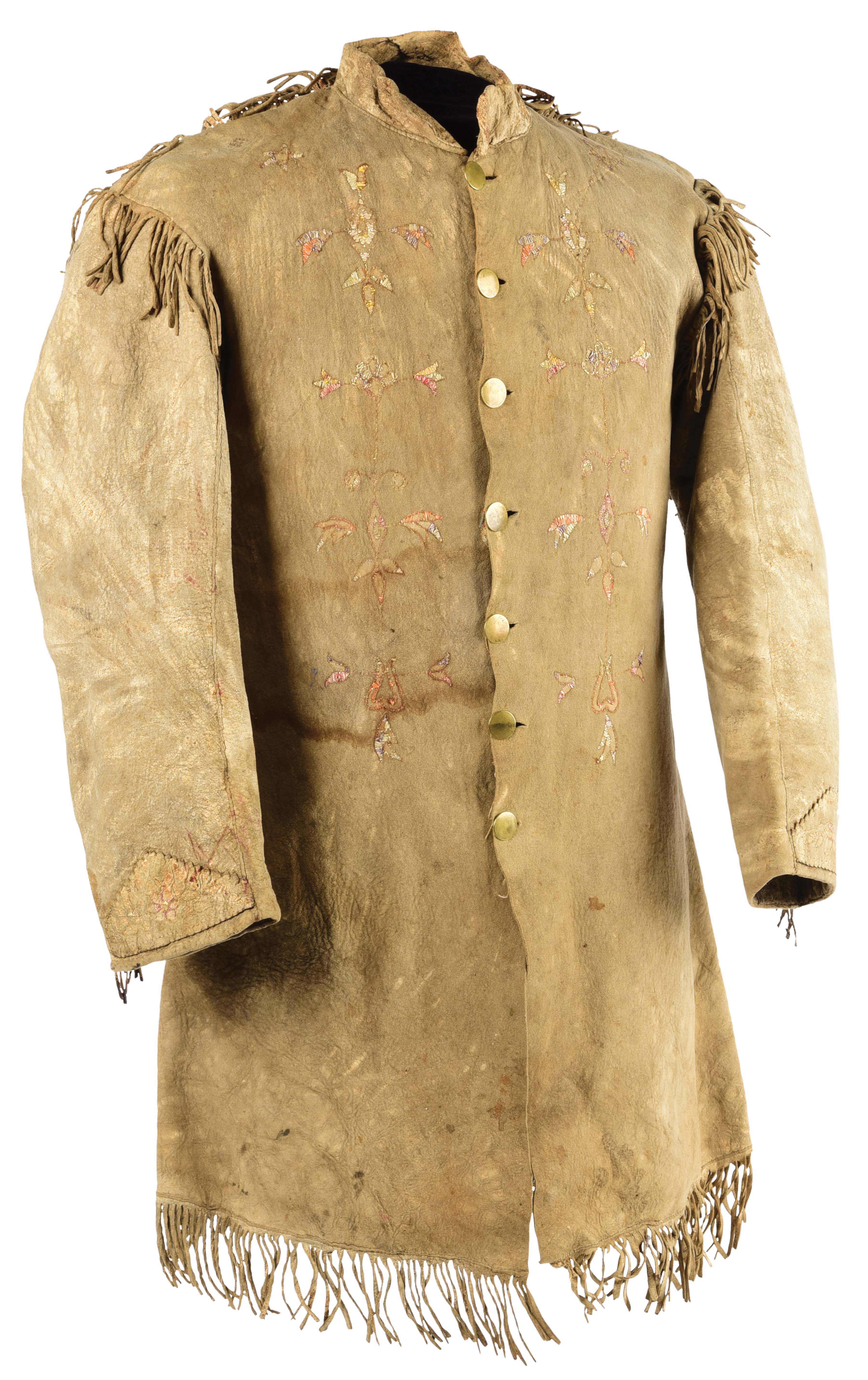

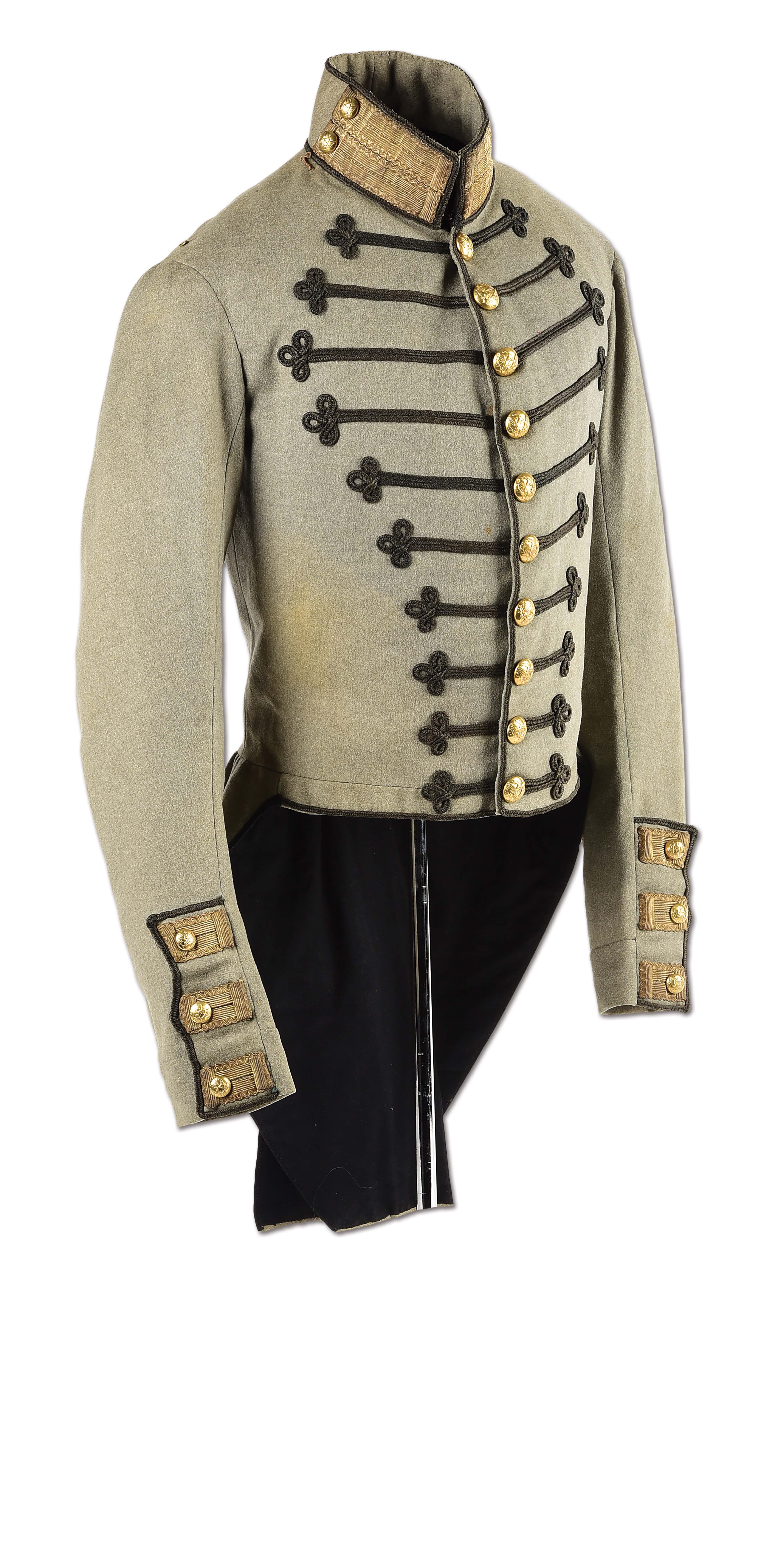
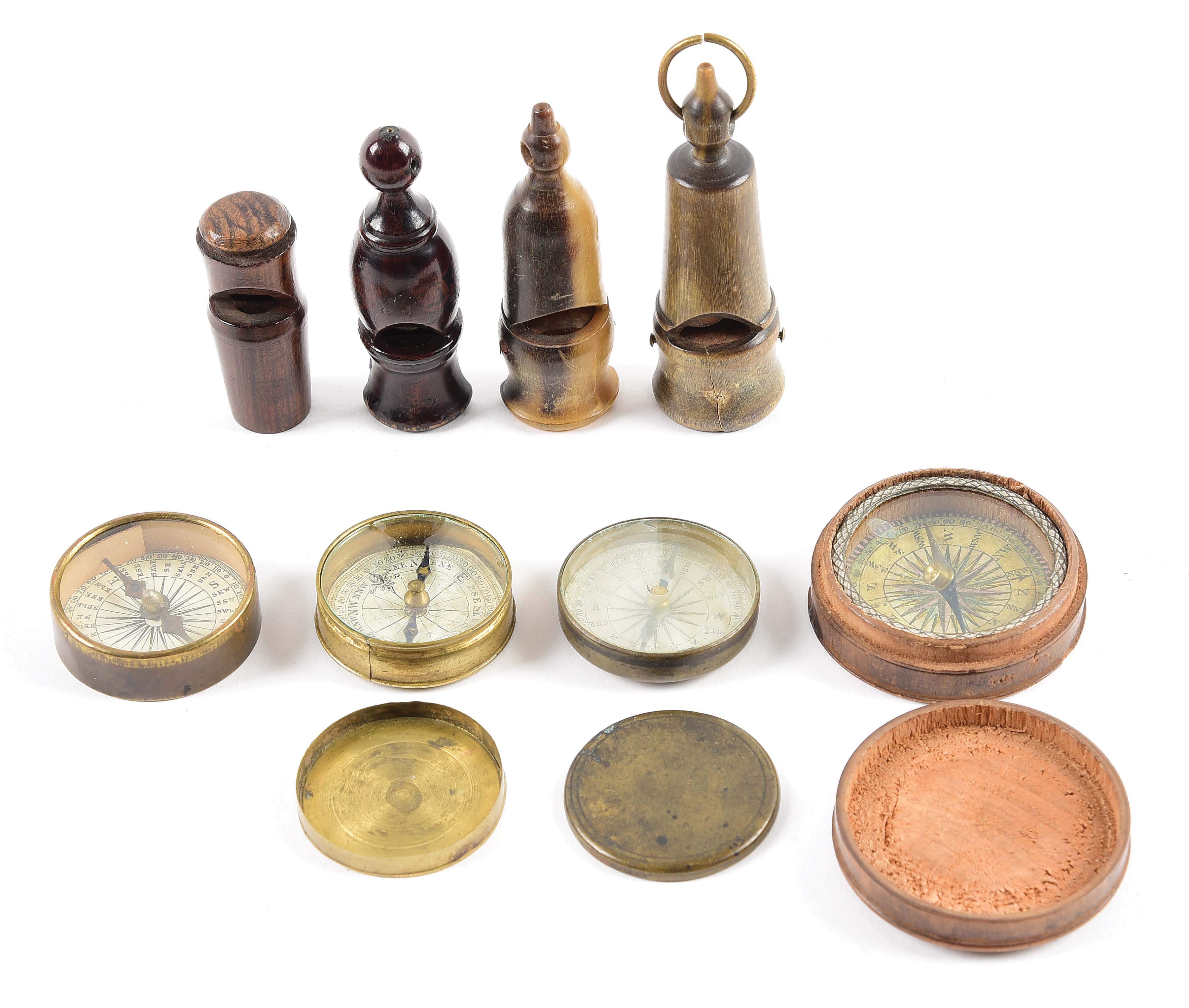
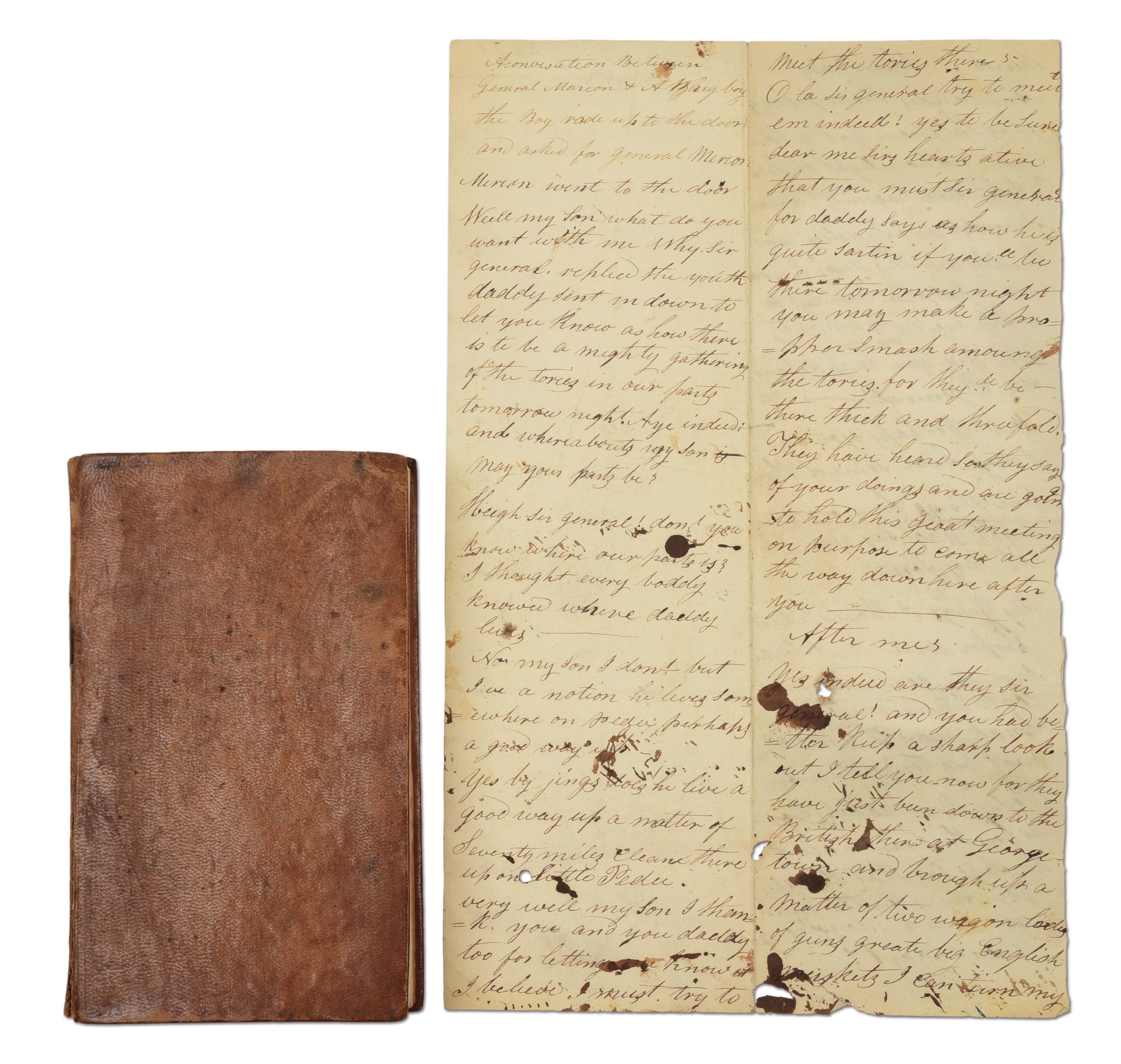
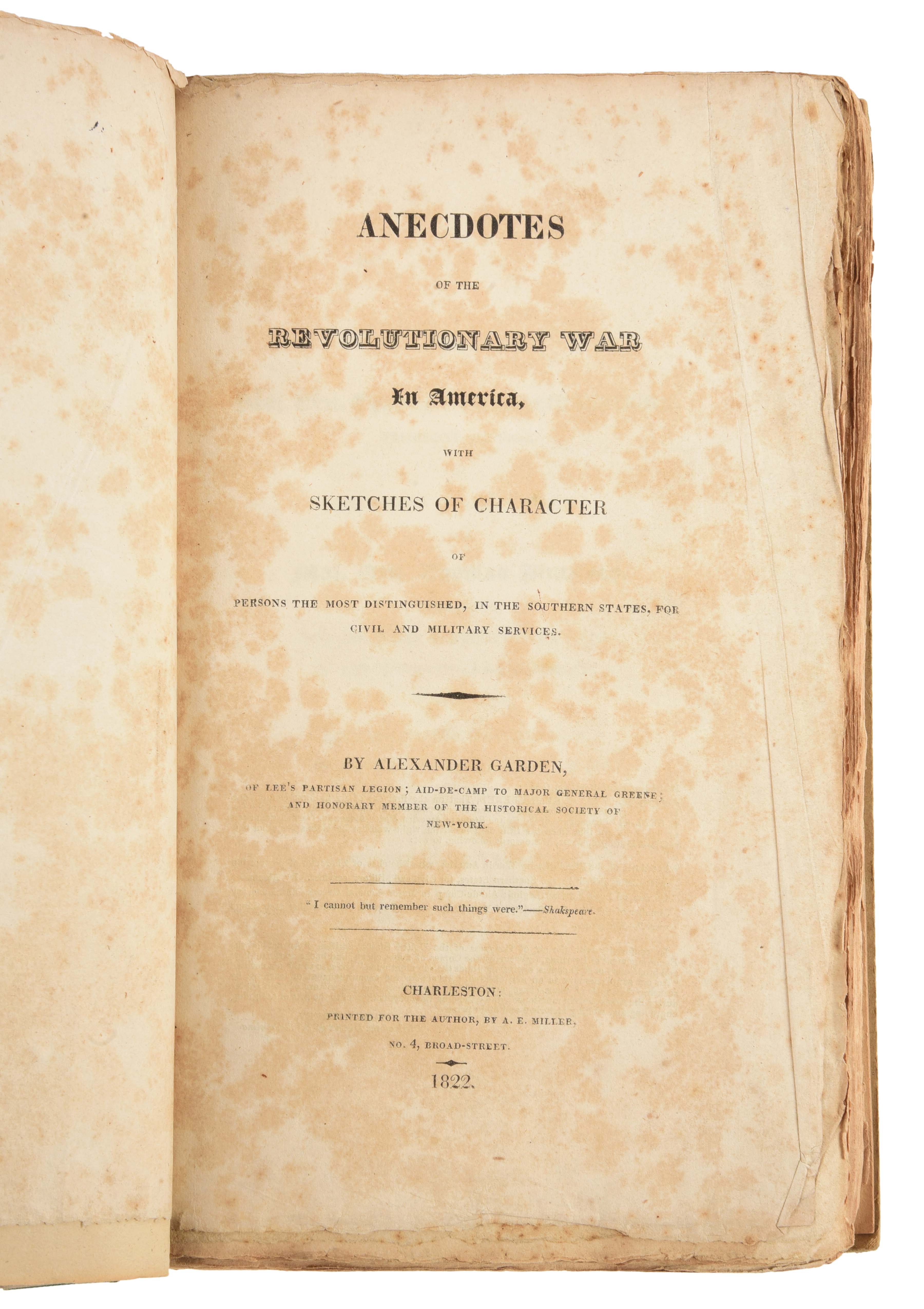
Testen Sie LotSearch und seine Premium-Features 7 Tage - ohne Kosten!
Lassen Sie sich automatisch über neue Objekte in kommenden Auktionen benachrichtigen.
Suchauftrag anlegen